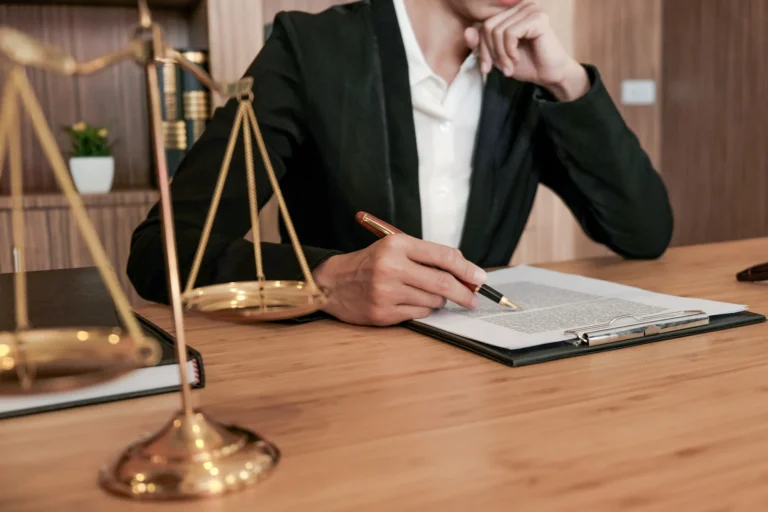Effects of the Assault

Effects of the Assault
Each survivor reacts to sexual violence in their own way.
- Some express emotions outwardly, while others keep their feelings private.
- Some talk about the assault soon after, while others wait weeks, months, or even years, if they ever choose to discuss it.
- Survivors may experience physical responses to the trauma.
- They may develop coping mechanisms, both healthy (journaling, art, therapy) and unhealthy (drug and alcohol use, self-injury). Some survivors may use a mix of both.
It is important to respect each person’s choices and coping style. You can offer to connect survivors with a rape crisis center, where staff are experienced in addressing the effects of sexual assault with a non-judgmental approach. Whether an assault was completed or attempted, and whether it happened recently or years ago, it can impact daily functioning. A
Common Reactions to Sexual Assault Include:
Emotional
- Guilt, shame, self-blame
- Embarrassment
- Fear, distrust
- Sadness
- Isolation
- Lack of control
- Anger
- Numbness
- Confusion
- Shock, disbelief
- Denial
Psychological
- Nightmares
- Flashbacks, or re-experiencing the assault
- Dissociation
- Depression and other mood disorders
- Difficulty concentrating
- Post-Traumatic Stress Disorder (PTSD)
- Anxiety
- Substance use or abuse
- Phobias or fears
- Low self-esteem
- Thoughts of self-harm, including suicide
Physical
- The document repeats the psychological list here.
The human body and brain are resilient. Many victims fully recover from the emotional, physical, and psychological effects of the assault. For most, talking through the trauma is key to healing.
Free and confidential counseling is available through local rape crisis centers.
"The question isn't who's going to let me; it's who's going to stop me."
Ayn Rand
"Power's not given to you. You have to take it."
Beyoncé Knowles-Carter






